Stop Second-Guessing Yourself: Beginner Home Repairs That Actually Build Confidence
Difficulty: Novice
Time: 1-3 hours per project
Cost: $20-75 depending on project
Your home is one of your biggest investments, so protecting it with basic maintenance matters whether you rent or own (Lifehacker). Ever stare at a drip under the sink and think, not me? If you have never tackled home maintenance before, that first DIY can feel intimidating (ChillDIY). Here is the surprise. Many repairs that look complicated break into simple, logical steps you can follow. Research shows that completing DIY projects builds confidence while making your space feel like yours, and each success makes the next project feel less daunting.
Why You’ll Like This (Quick Intro)
The upside goes way beyond saving cash. Doing repairs yourself cuts labor costs you would otherwise pay a pro (ChillDIY). Even better, DIY teaches you how your place works, almost like learning a new language, house language, so those creaks and drips start to make sense before they become emergencies (ChillDIY).
Home improvements completed through DIY work can also increase your property’s market value (ChillDIY). Renters, with landlord approval, can handle many of these fixes too, which makes daily life more comfortable. Best part, even the pros say beginners can handle a surprising number of repairs that seem intimidating at first (Family Handyman).
Confidence snowballs. A small win funds better tools, better tools open the next project, and your problem-solving muscles keep growing. One task at a time.
What You’ll Need
Materials
- Basic tool kit: screwdrivers, hammer, drill, level, tape measure
- Safety gear: glasses, gloves, dust masks
- Project-specific supplies, noted in each repair section
Tools
- Voltage tester (~$15), essential for electrical safety
- Shop vacuum or cleaning kit for maintenance tasks
- Assorted screws, washers, and basic hardware
Safety First
Always shut off power at the circuit breaker before working with any electrical components (ChillDIY). Non-negotiable, even for a simple light switch. Use a voltage tester to confirm wires are not live before you touch them (ChillDIY). These testers cost under $15 and could save your life.
Adult Supervision Required for any project involving power tools, chemicals, or electrical work if you are new to DIY.
- Wear safety glasses and work gloves for all projects
- Create ventilation when working with cleaning products or chemicals (Apartment Therapy)
- Keep a first aid kit nearby
- Make sure your work area is well lit
Successful DIY starts with safety, a manageable first step, and the right tools on hand (ChillDIY). Build the habit now, and every project gets easier.
Steps
1. Master hand skills with plumbing basics. Leaks around P-traps usually come from worn washers or loose compression nuts (Lifehacker). That U-shaped pipe under the sink is meant to be serviced. Most connections can be hand-tightened, no fancy tools required. You will learn the feel of snug versus overtight, and that skill translates everywhere.
2. Progress to simple clogs for problem-solving skills. Drains clogged by hair or grease often clear with a standard plunger (Family Handyman). If it is stubborn, try this: pour 1/2 cup baking soda, then 1/2 cup vinegar, wait 30 minutes, flush with hot water (ChillDIY). Start simple, then escalate. That logic will serve you on every repair.
3. Build precision with wall repairs. Dings and holes happen, even in rentals (Lifehacker). Small drywall patch kits can run about $20 for everything you need (Lifehacker). Wall work is forgiving. Sand, re-patch, paint, repeat if needed. Imperfections fade once the paint dries.
4. Advance to electrical work with proven protocols. Replacing a light switch is one of the simplest electrical fixes, even though most electrical work should go to a professional (Lifehacker). Your prep and safety checks matter most here. Power off, test, swap, test again. Slow hands, clear head.
5. Establish maintenance rhythms with mechanical tasks. Cleaning dryer vents takes a screwdriver, a cleaning kit, and a shop vacuum (Lifehacker). In about half an hour you reduce fire risk and improve efficiency. Small task, big payoff.
Tip: Snap before and after photos. You will see the progress, and the pictures double as a quick refresher next time.
Why it works
You start small, learn tool feel, and build problem-solving skills without risking pricey materials or complex installs. Your hands learn the pressure it takes to drive a screw, your eye learns to see level, your brain learns a step-by-step approach. Each repair teaches something you can reuse. Hand-tightening from plumbing helps with electrical connections, and the drain-clearing checklist fits almost any malfunction you run into.
Cleanup & Disposal
Store leftover materials in labeled containers for future touch-ups. Dispose of used cleaning products according to local hazardous waste guidelines. Clean and organize tools right after use, which saves time later and keeps gear in good shape.
Troubleshooting
Problem: Project taking much longer than expected → Fix: Normal for beginners. Add 50 percent to your time estimate and keep your pace steady, quality beats speed.
Problem: Overwhelmed by tool choices → Fix: Buy the basic version now. Upgrade as your skills and projects grow.
Problem: Small mistakes make you want to quit → Fix: Most errors are fixable and invisible once finished. Consider them paid lessons.
Variations & Upgrades
- Renter-friendly approach: Choose fixes that avoid permanent changes, outlet covers, cleaning, minor patches with landlord approval
- Budget progression: Borrow or rent early on, invest once you know what you like
- Skill-building sequence: Patch walls before painting rooms, get comfortable with switch replacement before tackling outlets
Begin by evaluating the scope of damage before starting any repair work (Lifehacker). Slow is smooth, smooth is fast. Taking your time prevents mistakes and yields cleaner results (ChillDIY). Quick cosmetic upgrades, like new door hardware, can make your entry feel more modern (Apartment Therapy). These small wins build momentum and make bigger projects feel doable (Apartment Therapy).
Ready to protect your investment and stack some DIY wins? Pick one small project this weekend. Your future self, and your wallet, will be glad you did.




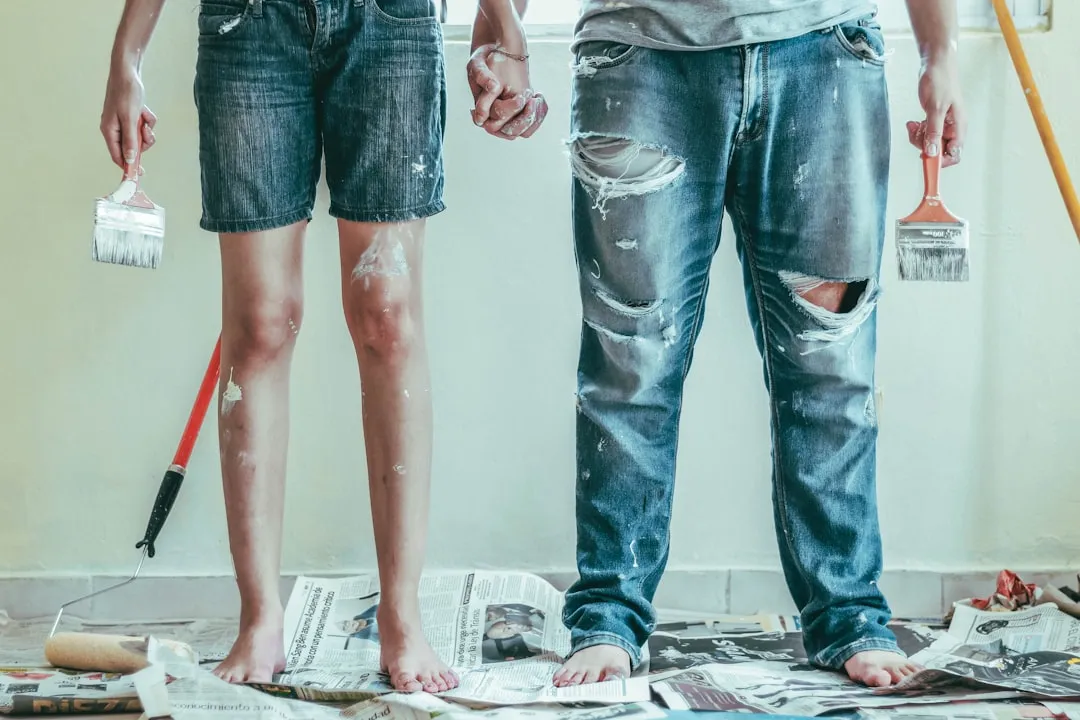
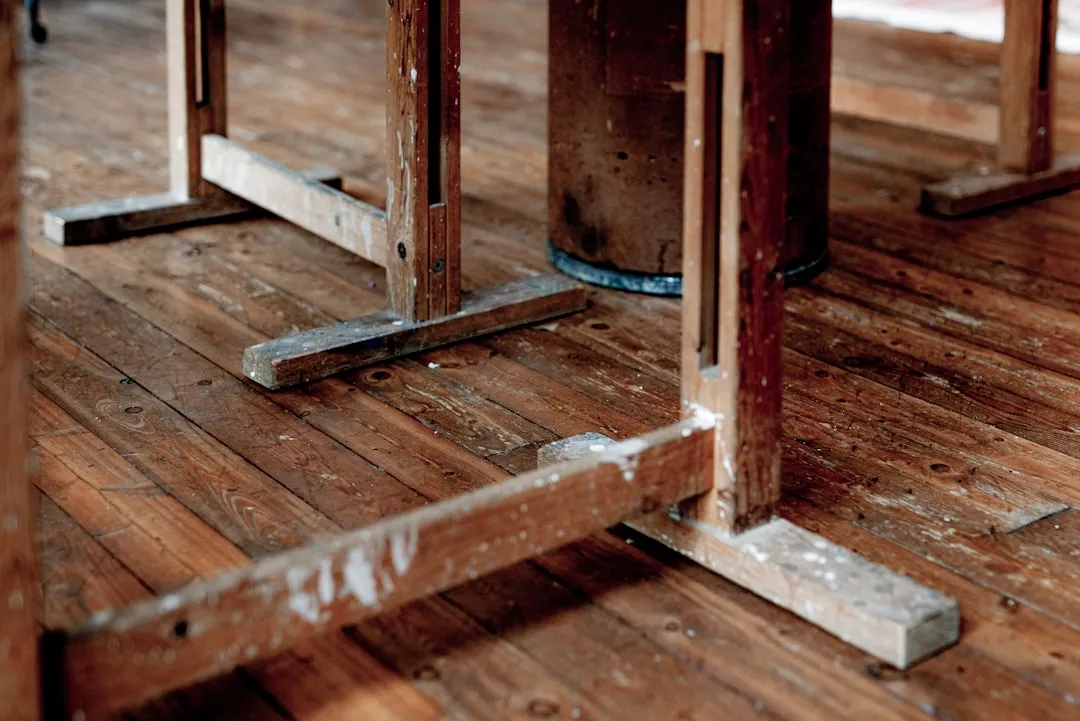

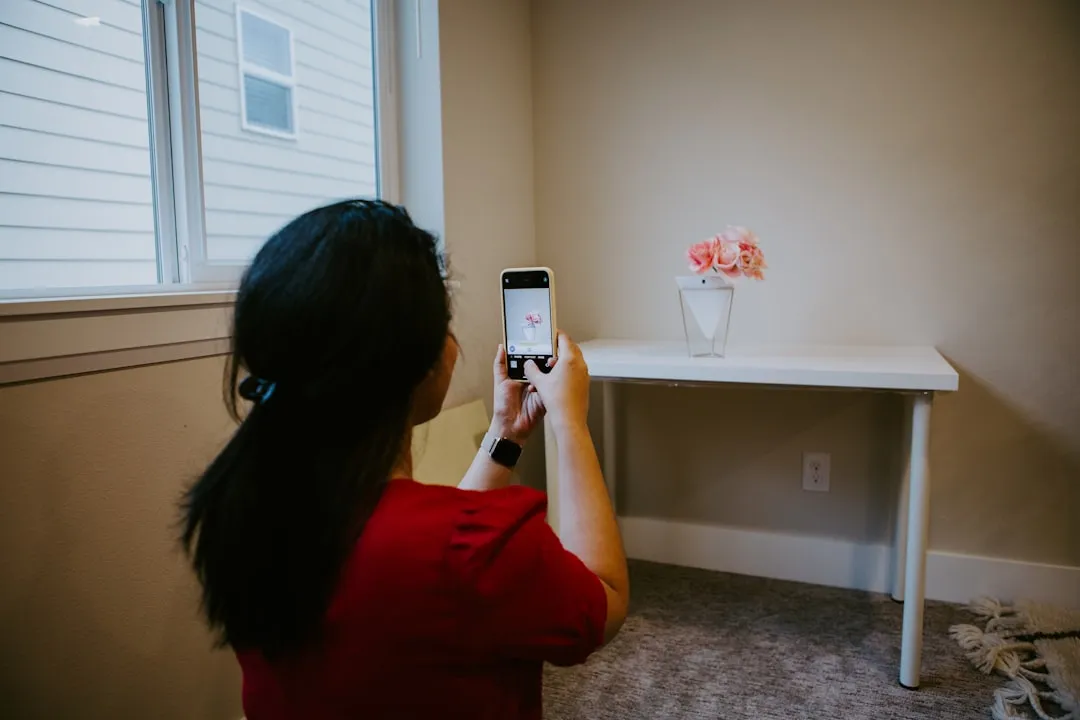
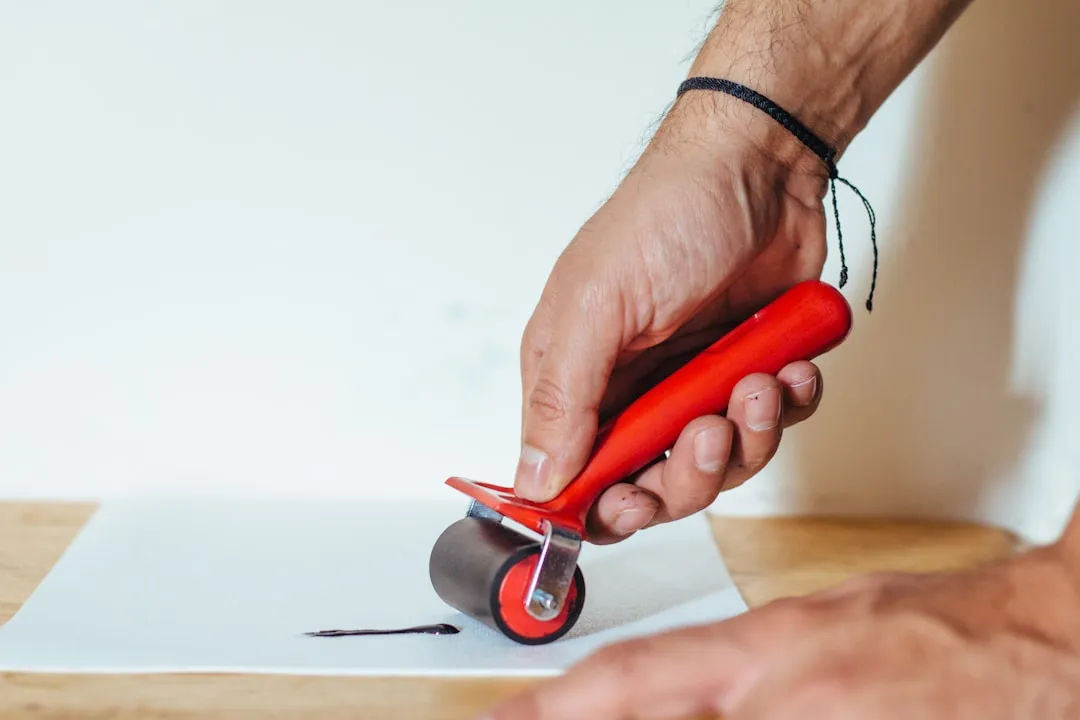
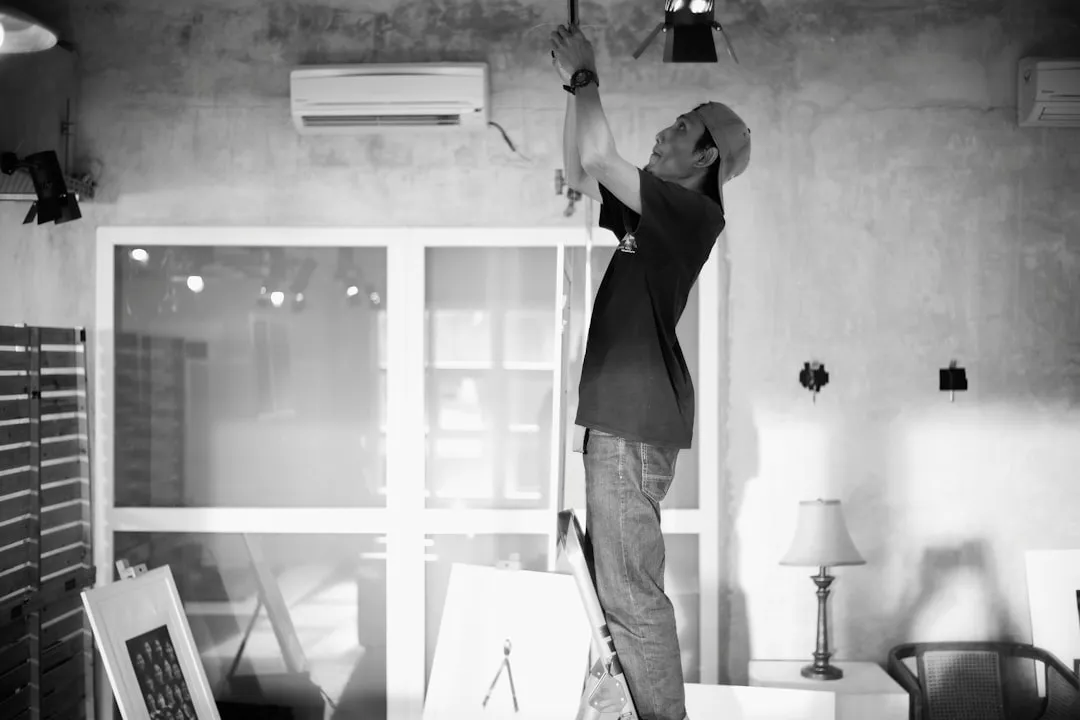
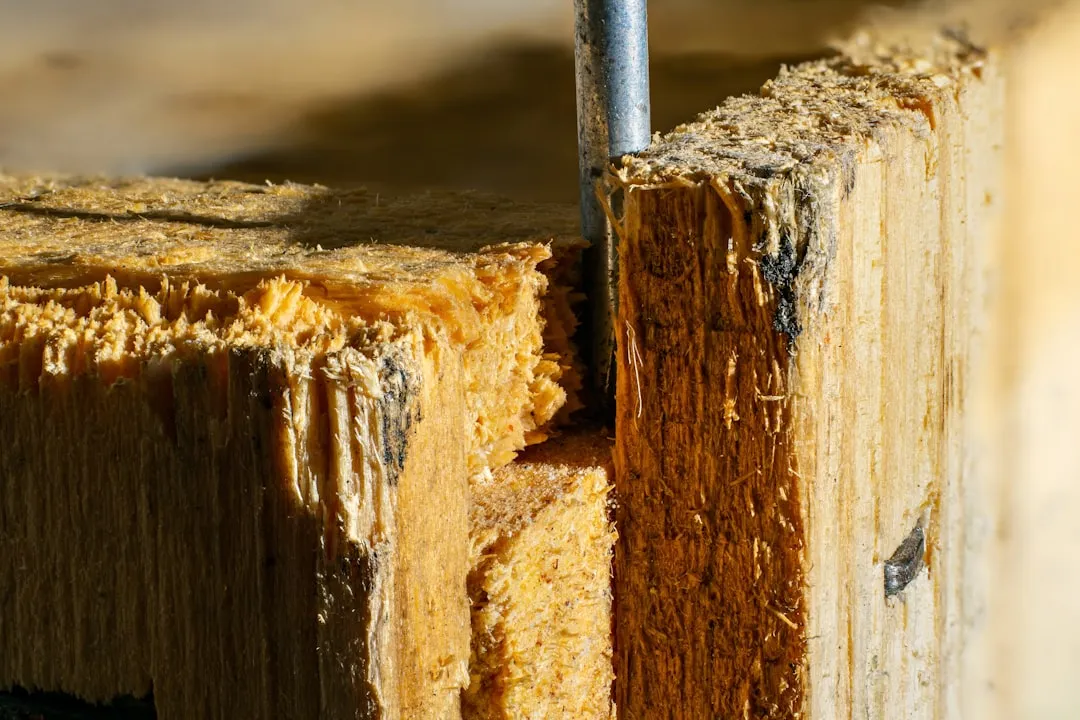
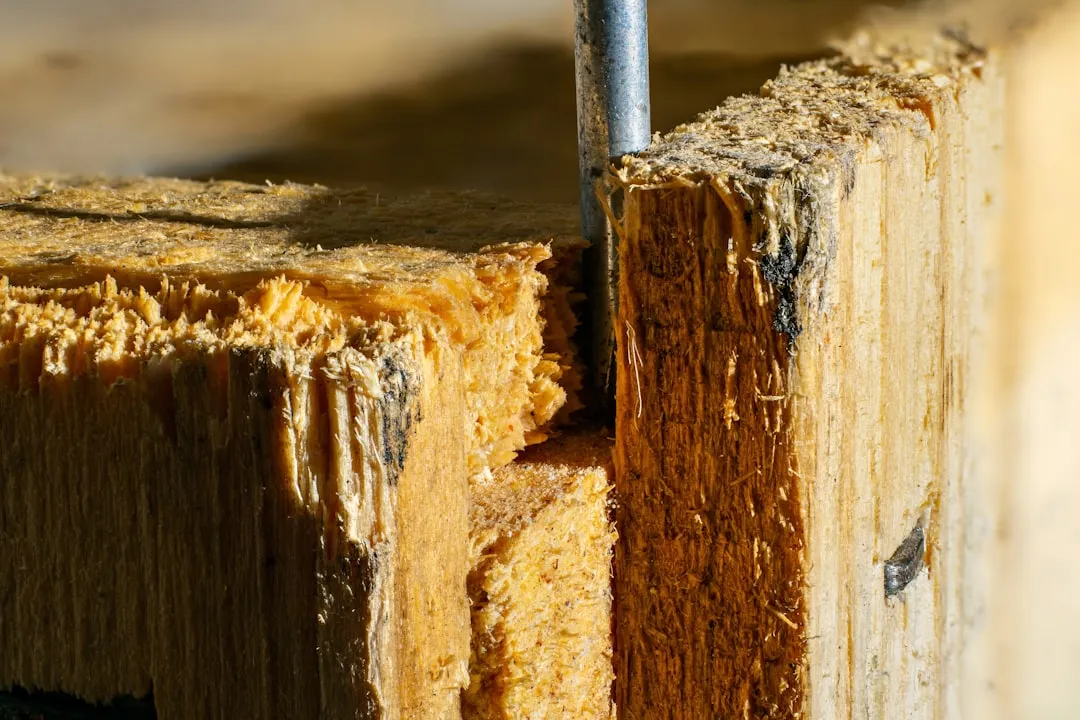

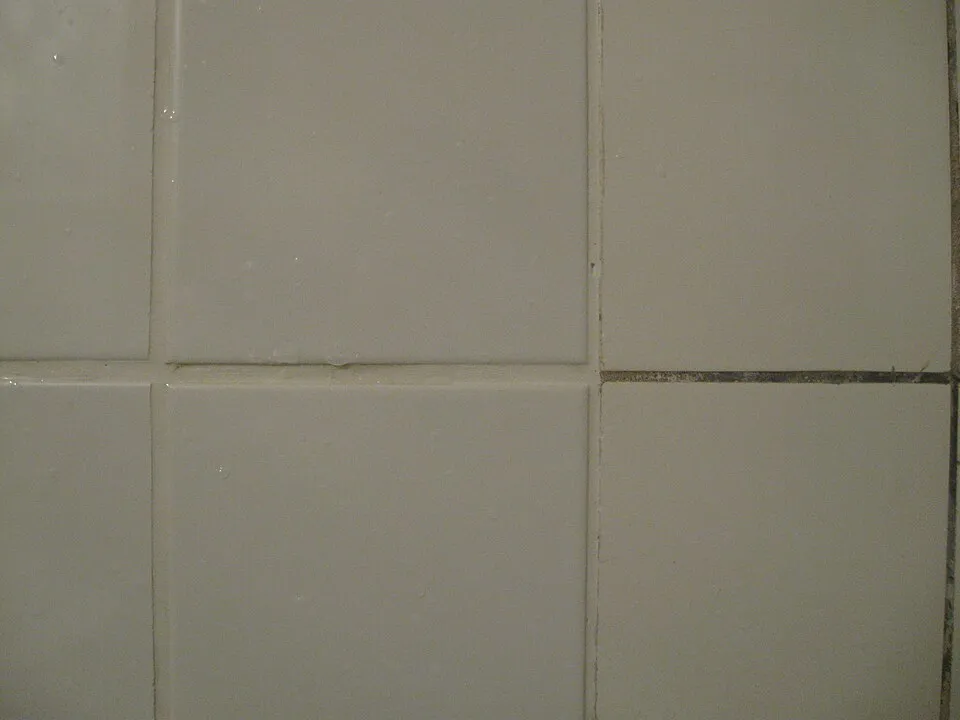

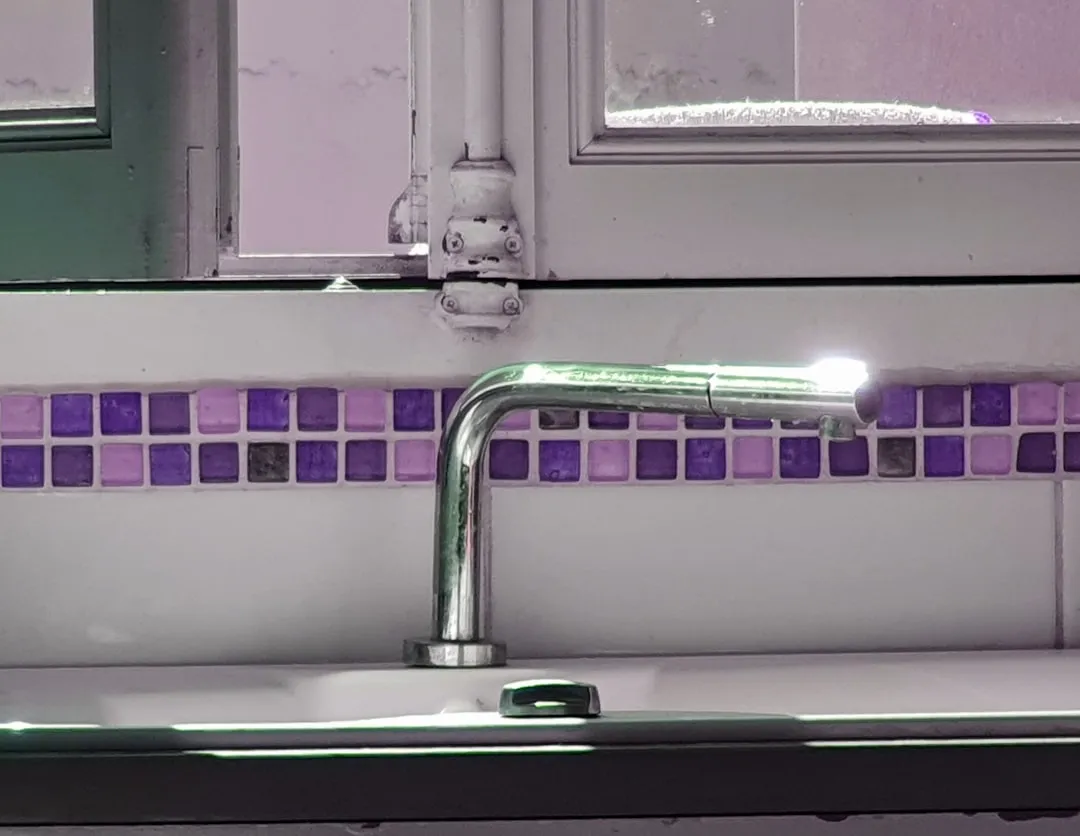
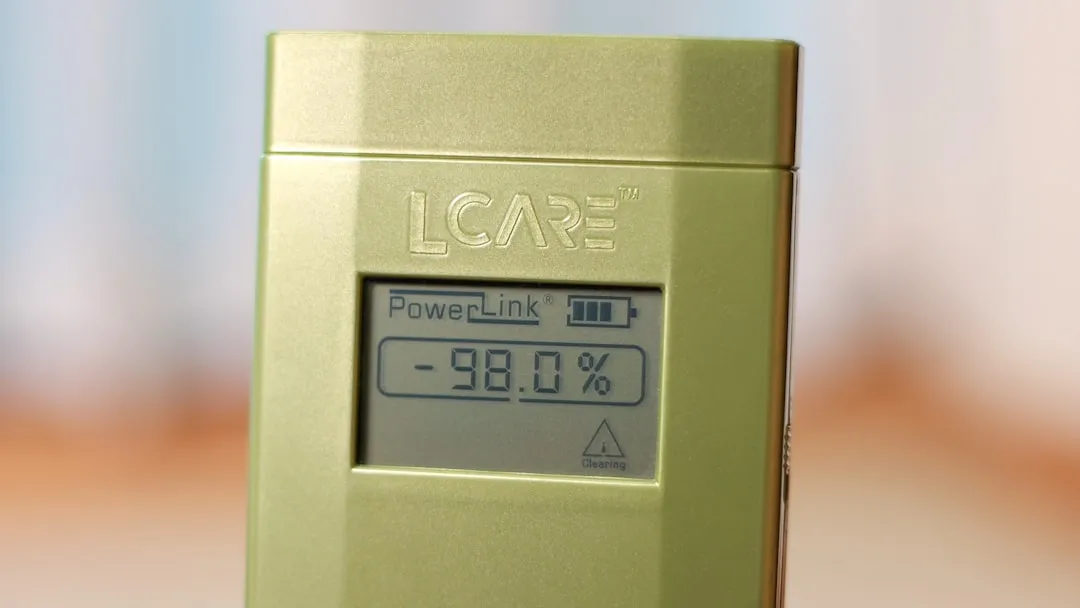
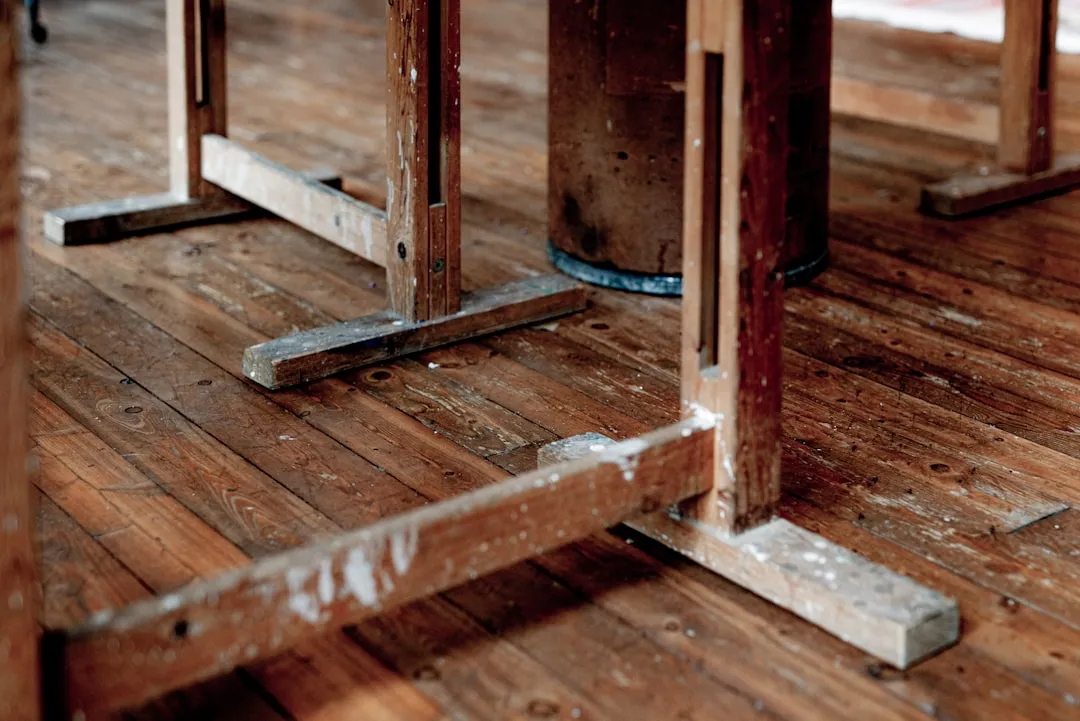


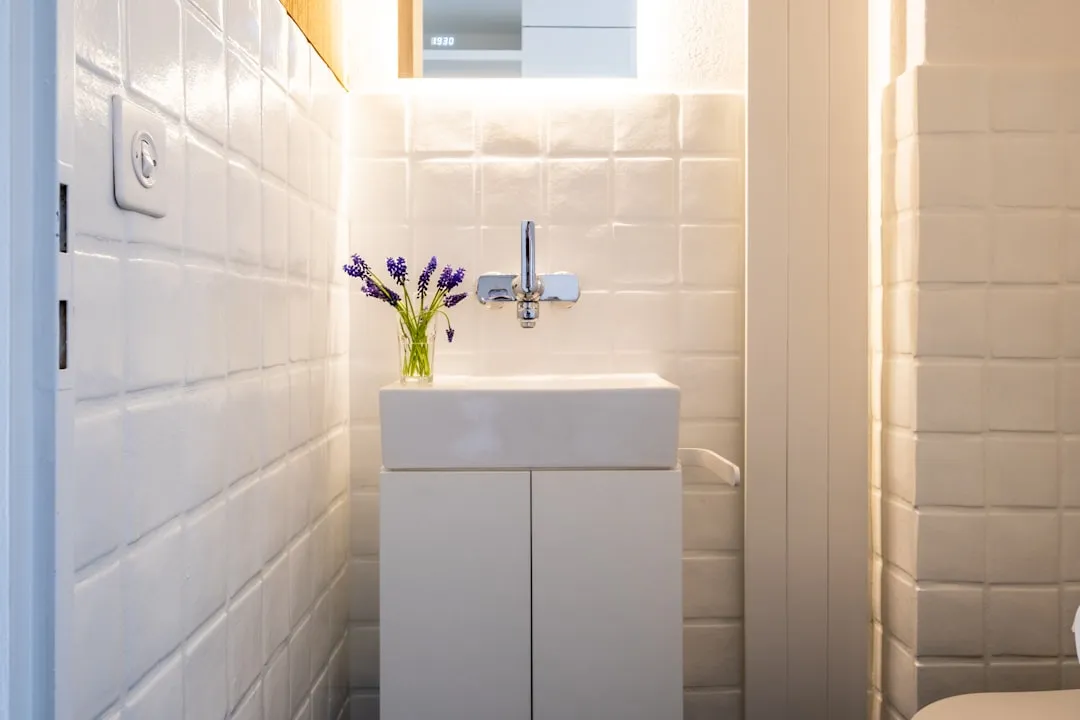

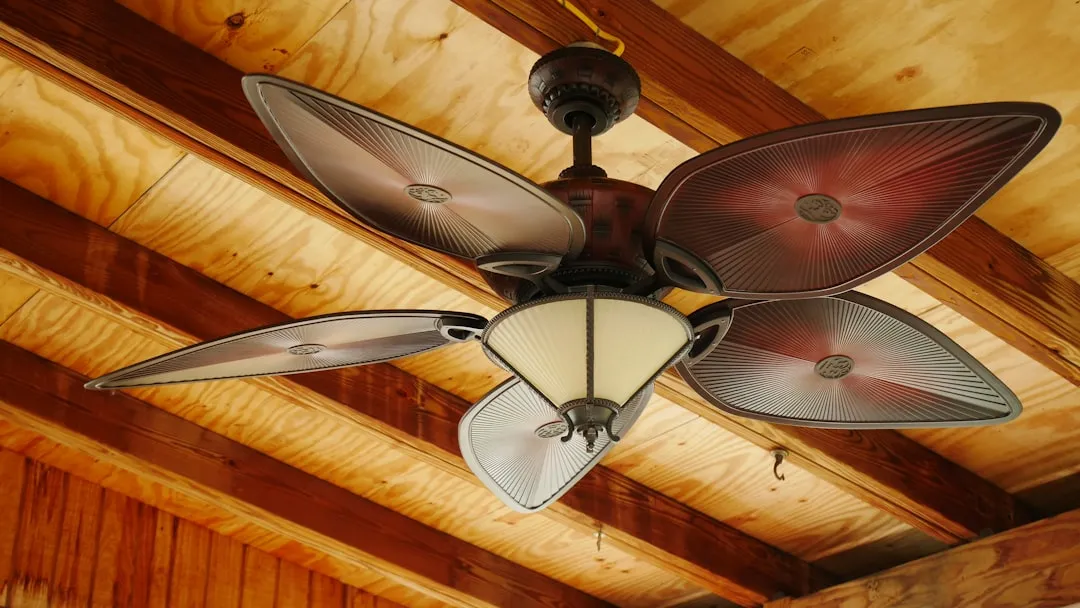
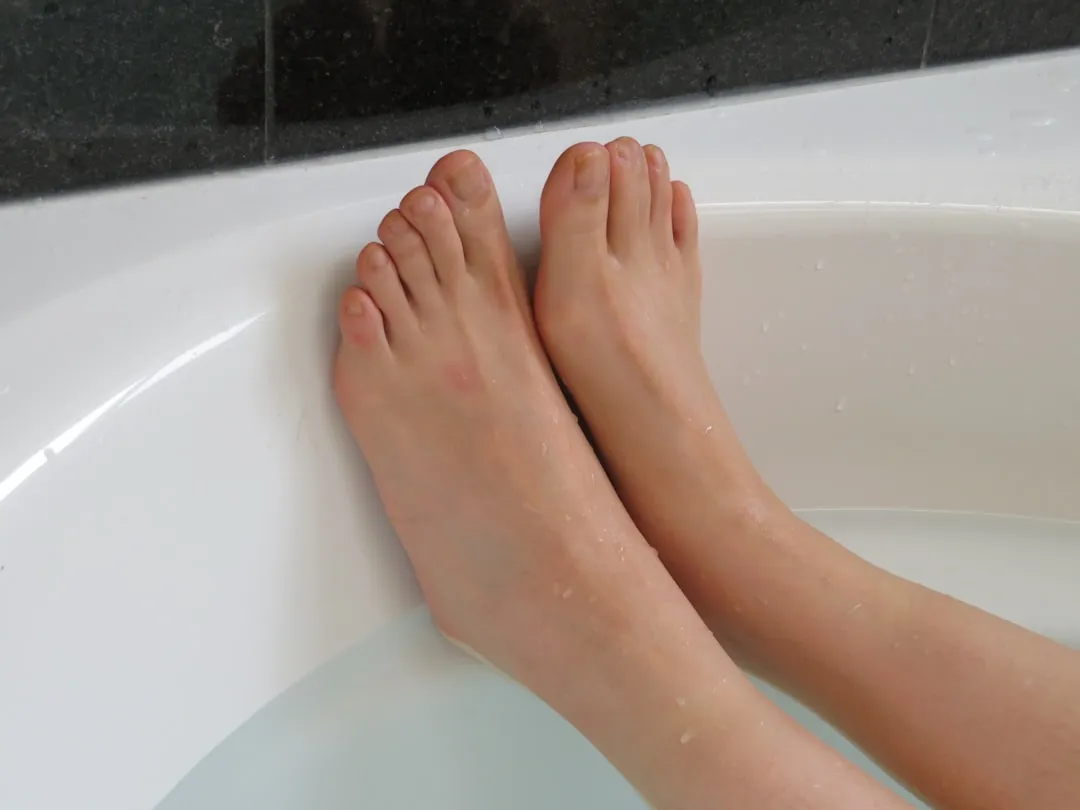
Comments
Be the first, drop a comment!